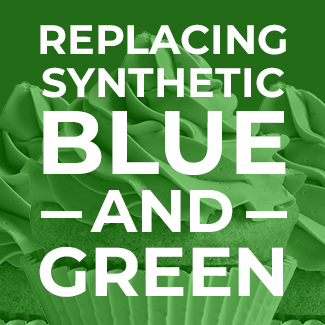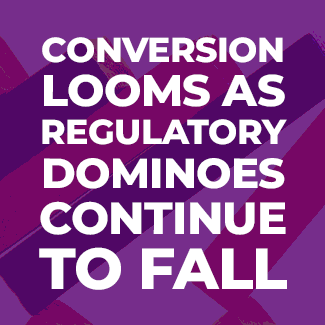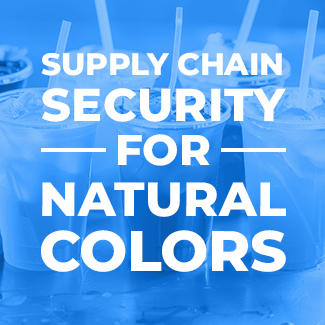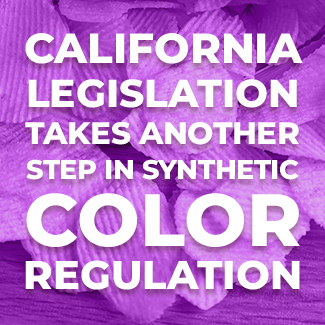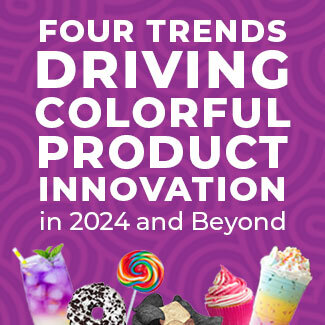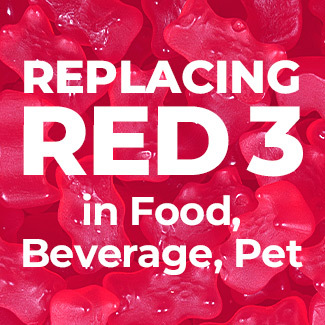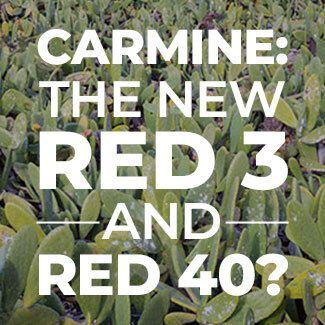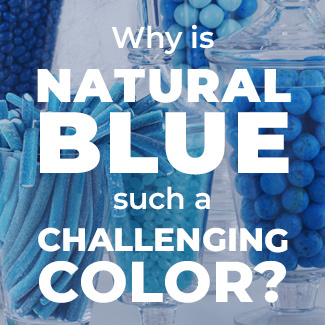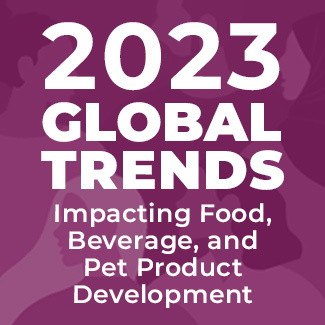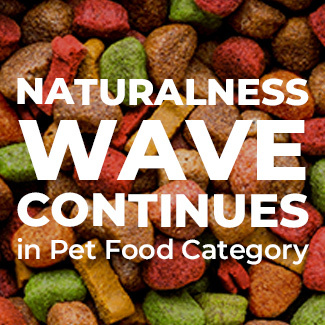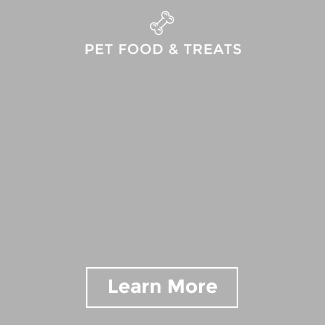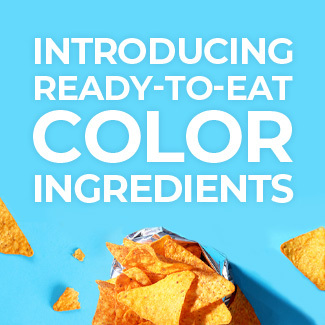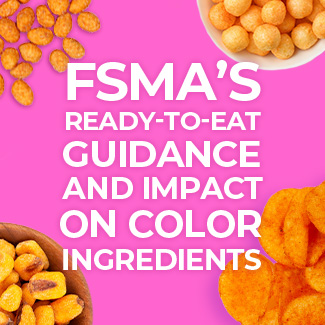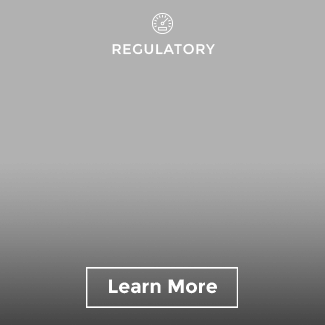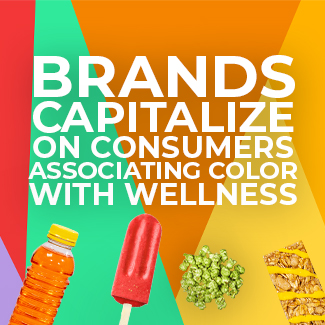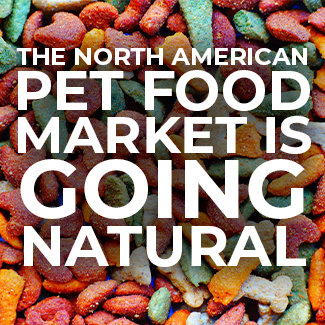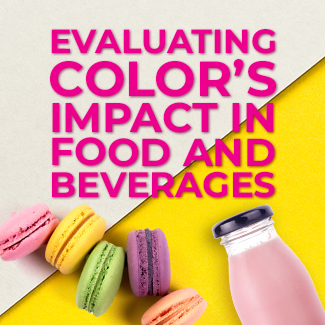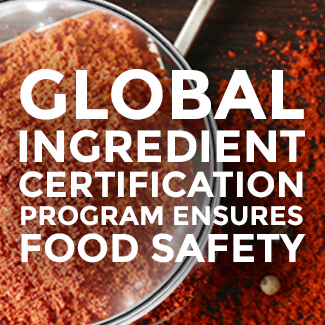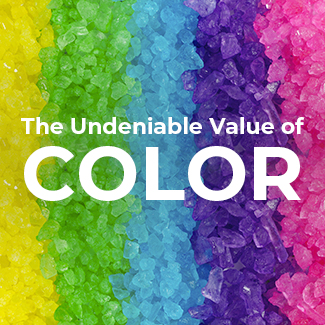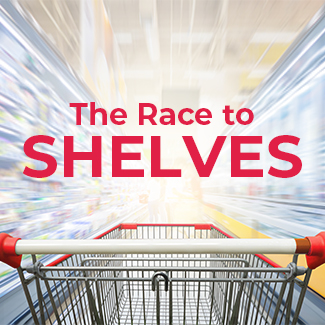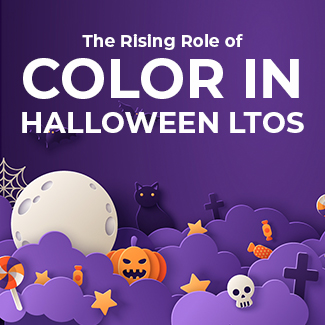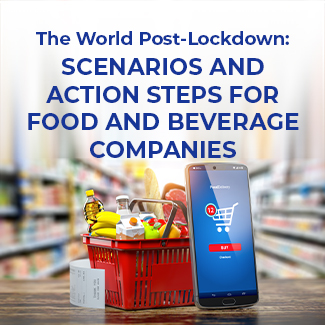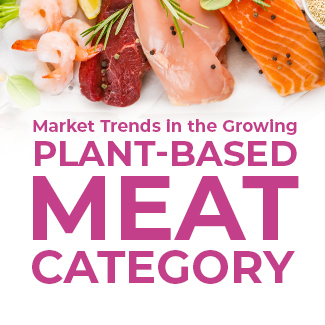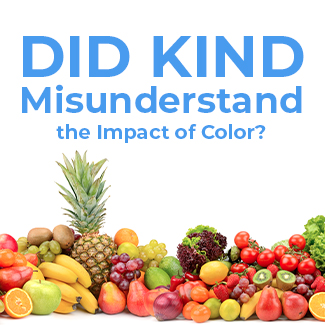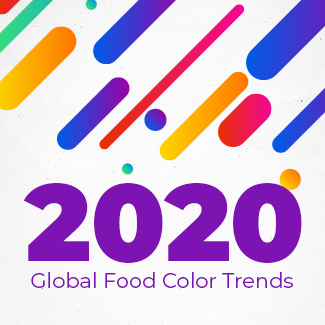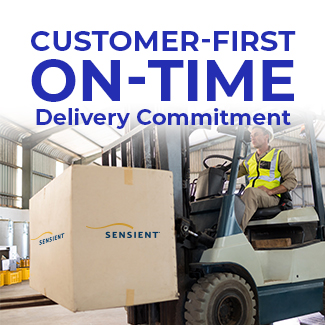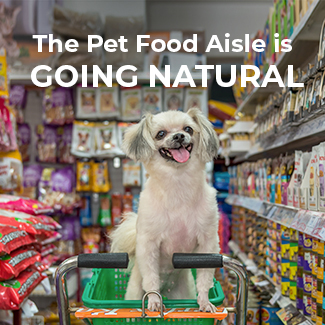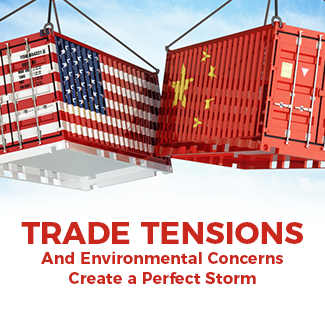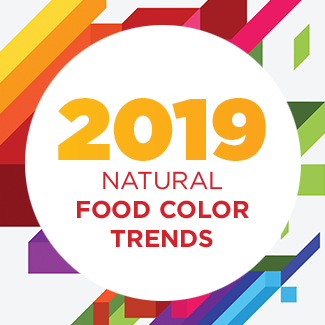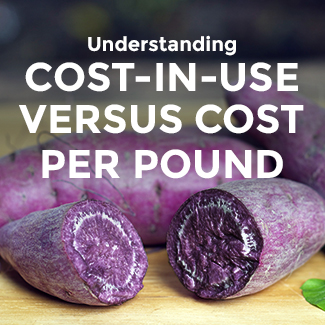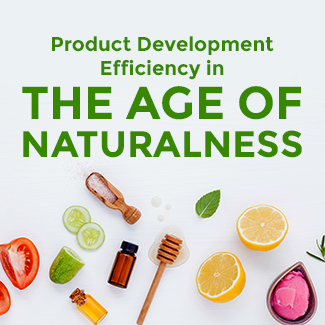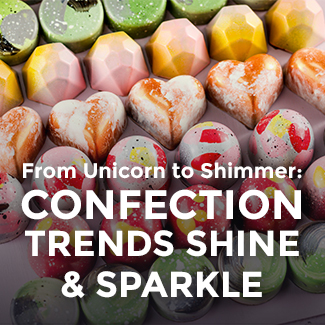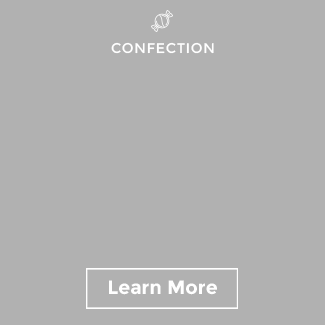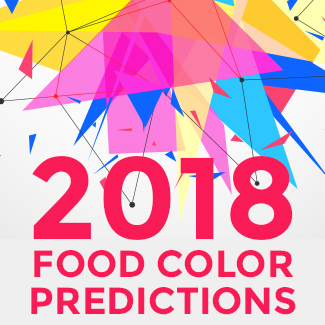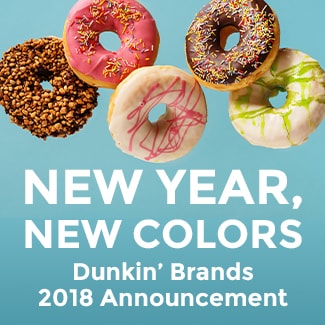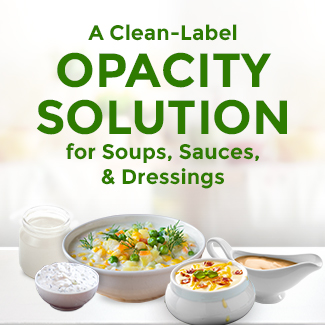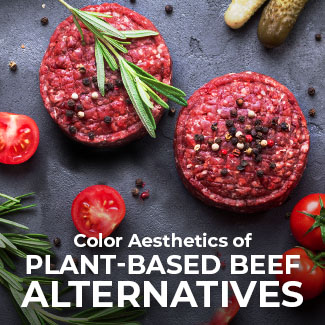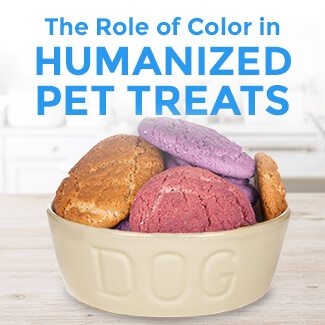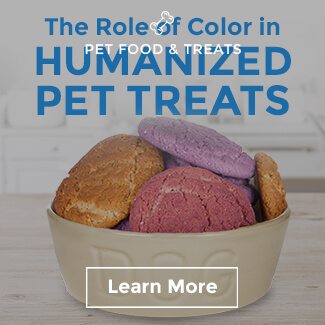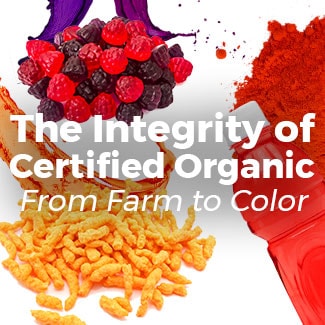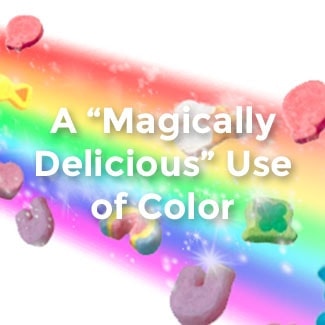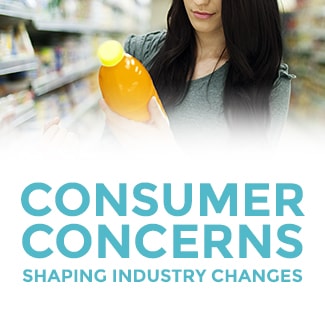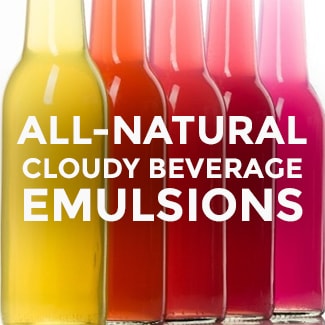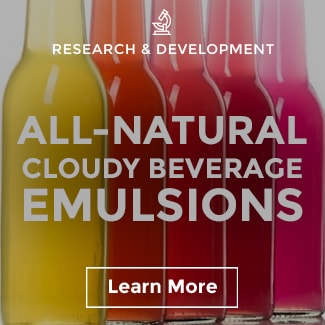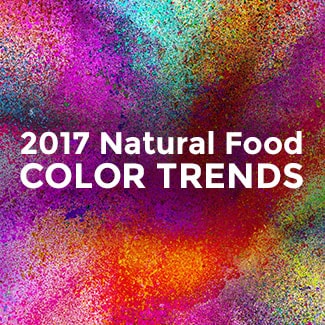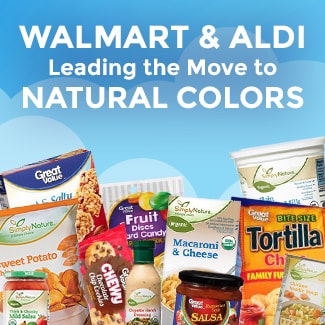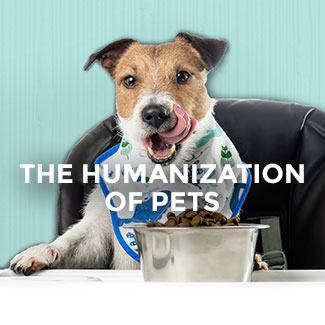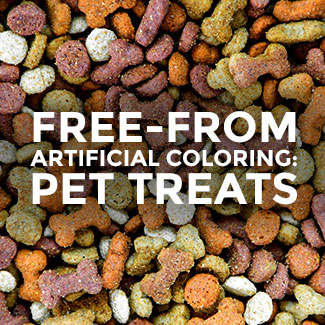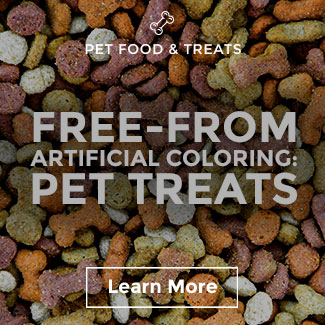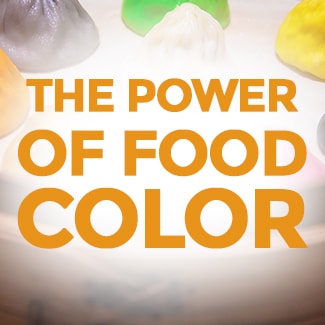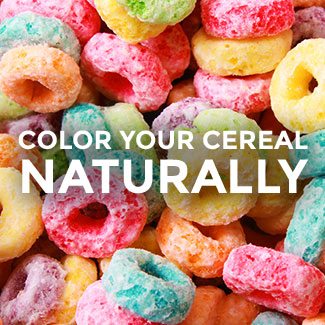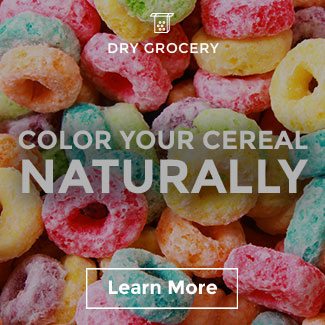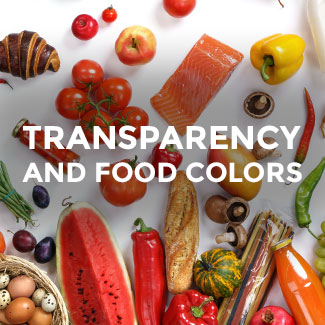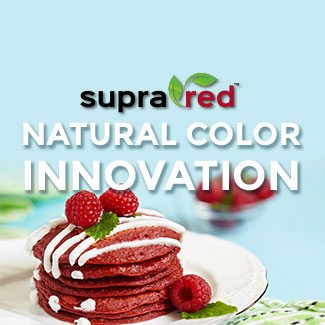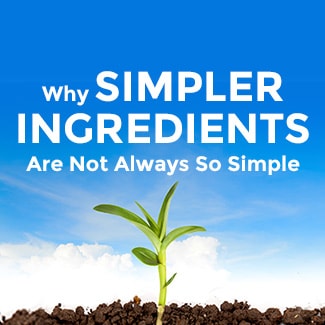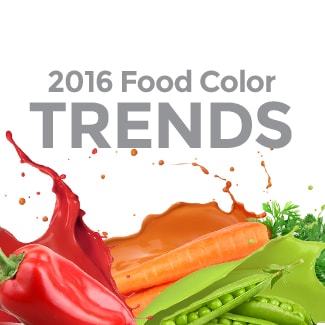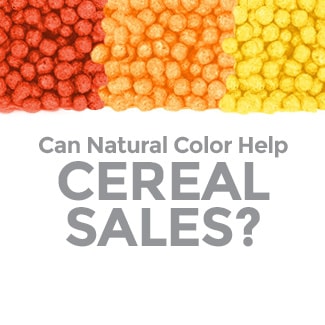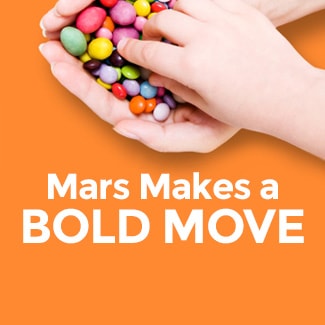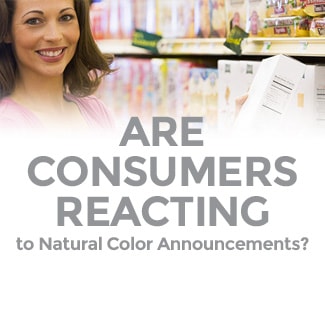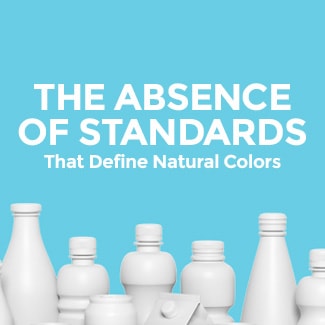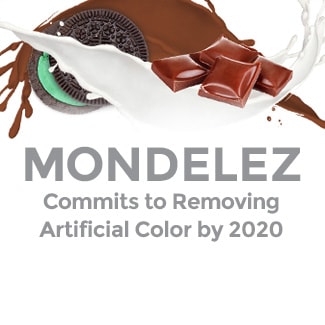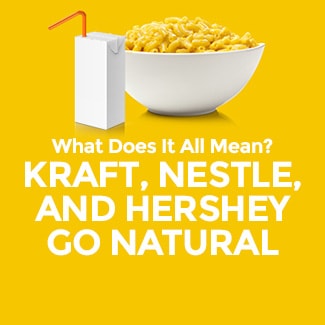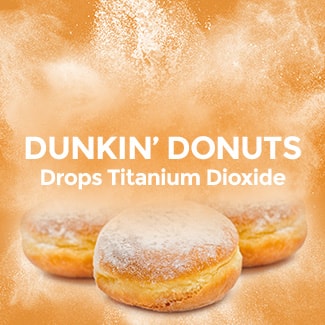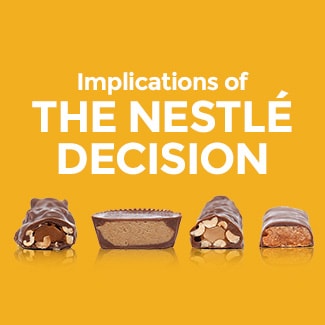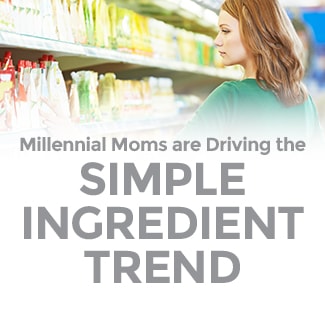Walmart, Costco, Kroger, and Retailer Own Brand Growth Spurs New Innovation Opportunities
Soaring Numbers Indicate Retail Own Brand Success Continues
The market of private label or own brand products continues to successfully evolve with strong dollar volume growth of 41% in the past five years (2013-2018), compared to a 7.4% growth of national brands in that same time frame (PLMA/Nielsen). It will be interesting to see the short-term and long-term effects of COVID-19 on this dynamic.
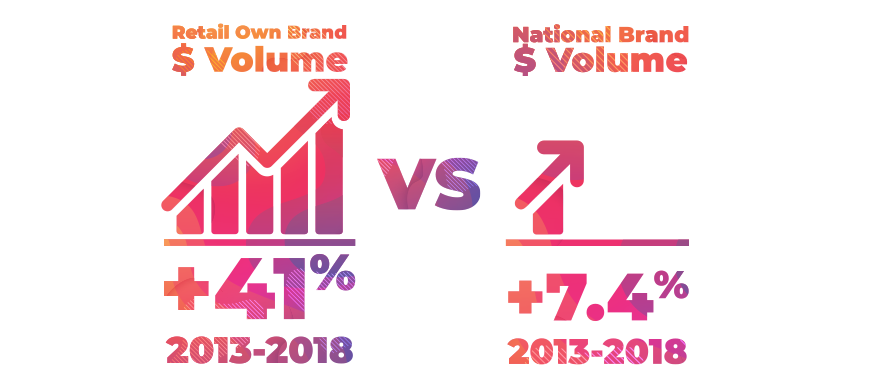
As many as two-thirds of today’s consumers are purchasing own brand products, because they believe these products are as good as, if not better than, national brand equivalents, according to a 2019 PLMA survey.

While the retail landscape is still a fragmented mix of small, regional, and large retailers, national brand manufacturers no longer dictate what new items retailers should carry nor do they have much say over planograms. Retailers view their own brands as a key way to differentiate themselves, as demonstrated by the 33.2% growth in own brand volume from 2013-2018, while national brands gained 1% (PLMA/Nielsen).
The numbers paint a clear picture of opportunity in the now +$170 billion market of private label sales. According to Coresight Research, Costco’s Kirkland leads in store brand sales exceeding $39 billion in 2018. Fueling sales growth is the younger Millennial demographic whose shopping cart contains 32% of private label products, compared to 25% of the average U.S. consumers’ shopping cart.
Maximizing Innovation for Own Brand Growth
In the past decade, retailers have been aggressively encroaching on national brand traditional product staples with more niche, better-for-you, and white space own brand products at better prices. Even though retailers typically make higher margins on store brand items, that’s not necessarily the case for penny profit, especially since own brand products are generally less than national branded options—the margin structure isn’t the sole driver of private label success. Retail store brands are developing innovation strategies around high demand offerings that entice new consumers and keep repeat shoppers coming back for the next must-have item.

They are exploring new ways to innovate and capitalizing on gaps where national brand innovation is absent, resulting in more store brand products and less shelf space for legacy CPG brands. This strategy from retailers seems to be working, as Coresight Research indicated the sales of private label consumer goods grew 4X as fast as the rate of national brand goods between 2015 and 2018. However, many national brands have been experiencing growth amidst the pandemic, like Campbell’s soup (including Pacific) up 41% through April 2020. As our nation re-opens from COVID-19, retailers will be faced with a tough decision to continue to focus on SKU rationalizations and panic buying mitigation strategies or to innovate for sustained store brand loyalty and category growth.
In a Food Dive interview, Gil Phipps, former Head of Kroger’s “Our Brands” division, described the retailer’s strategy as launching knock-outs vs. national brand knock-offs, saying “our goal is to have a knockout version so that side-by-side, customers would prefer it [our brand] to the other product…a lot of what we try to do is offer products our customers have never seen before, and really in a lot of cases no one has ever seen before.” In a 2018 Food Dive interview, Phipps refers to the store’s new hot sauce offerings, describing how they capitalized on the buzz of the Sriracha chili sauce by providing their customers with authentic options like Peri Peri made with African chilis and an Aji Amarillo sauce made with Peruvian peppers under Kroger’s own Private Selection brand.
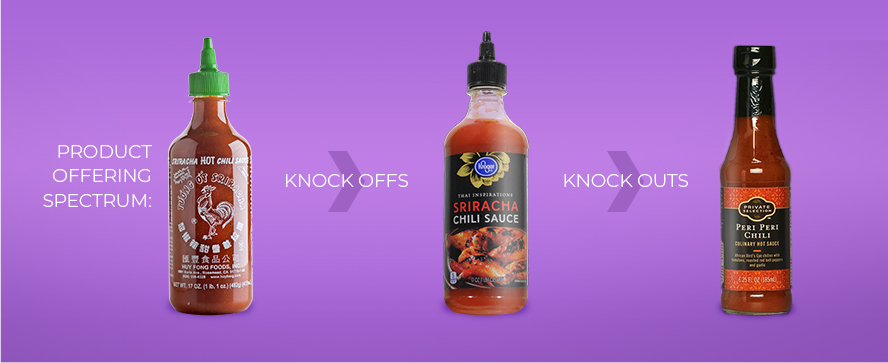
With more focus now than ever on maximizing own brand category sales growth, innovation partners like Sensient Technologies who are more horizontal across the consumable landscape can offer unbiased new product opportunities tailored to retailers’ own brand strategies. Sensient’s marketing intel not only spans across the entire CPG landscape but on a global scale—this is because our sensory solutions touch nearly every food, beverage, and pet category.

Sensient’s birdseye view across the edible global landscape enables us be on the forefront of many trends influencing broad consumer preferences.

“Sensient enjoys exposure across a broad range of food and consumer product categories. This breadth enables us to identify cross-category macro trends, which we are able to translate into thematic ideas for retailers to carry across the store. We actually have a dedicated marketing ideation team with technical resources who specialize in synthesizing these authentic ideas for individual retailers, so Category and Innovation Managers can respond to changing consumer preferences more quickly,”
says Paul Manning, Sensient Technologies CEO.

For example, Sensient’s ideation team recognized consumer desire for more natural, plant and botanical based products years ago first starting in Europe. Initially spurred by the longing for a more veggie-rich diet, more of today’s plant-based offerings respond to consumers’ environmental anxiety with product marketing around sustainability.
The ideation team helps retailers stretch macro trends like plant-based across the store by crafting own brand concepts, customized to their target shopper and brand values. Additionally, we can develop signature flavor profiles like Miso Caramel or Sweet Lemon Cucamelon and translate the sensory attributes of those flavors across multiple categories. Perhaps a category manager is interested in carrying a food fad like pink flamingo into different aisles of the store, Sensient can help define and standardize the concept attributes so your “flamingo” remains consistent over all of the product offerings.

In any case, concepts from Sensient’s ideation team are highly individualized product opportunities for retailer’s own brands, NOT generic stock ideas interchangeable for competitors in the same landscape.
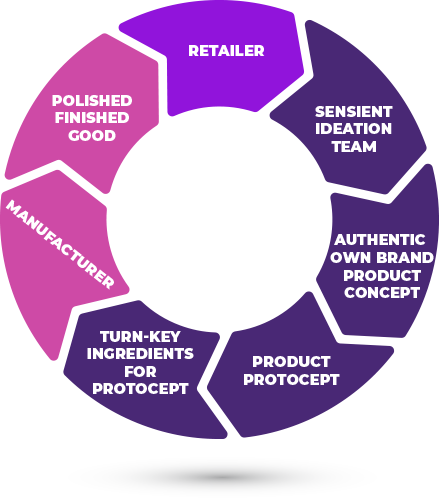
Streamlining Product Development for Retailers’ Self Manufacturers and Private Label Manufacturers
While Sensient’s ideation team focuses on the frontend of innovation for retailers, the technical teams at our food innovation hub in the Chicago area collaborate and assist retailers’ manufacturers in bringing concepts to life. It is an iterative process but streamlined process, especially because agility is so important to launching new products today versus just thirty years ago. In Michael Ruhlman’s book, Grocery: The Buying and Selling of Food in America, he reported that a typical retail
grocery store in the 1990s stocked about 7,000 items. In sharp contrast, the average supermarket today carries around 40,000-50,000 items.
In Europe, private label makes up 50% of the store’s total products. Private label in the United States is quite lower totaling around 15-20% of the store total; however, this number has been continually growing over the years, especially after the last recession and since retailers like Walmart, Costco and Kroger have invested further in their own brand strategies. Kroger’s Own Brands are above average up to almost 30-40% of the store total, and Walmart’s CFO, Brett Biggs, is optimistic about the future of their private label, indicating it’s “going to play a really important part of what we’re doing”.
The technical arm of Sensient’s ideation model allows retailers to be more proactive and efficient, since all new product concept prototypes are built upon shelf-stable ingredient systems that are commercially viable, meaning they can easily translate from a lab protocept to a more polished finished good that is easily executable by a retailer’s preferred manufacturer. In the event a retailer does not have a preferred manufacturer partner in a certain category, Sensient is able to offer and bring new partner suggestions through our widespread network of customers.
We are here to help retailers remain competitive in their private-label strategy with our free consultative ideation and technical assistance, completely exclusive to your store brands.






